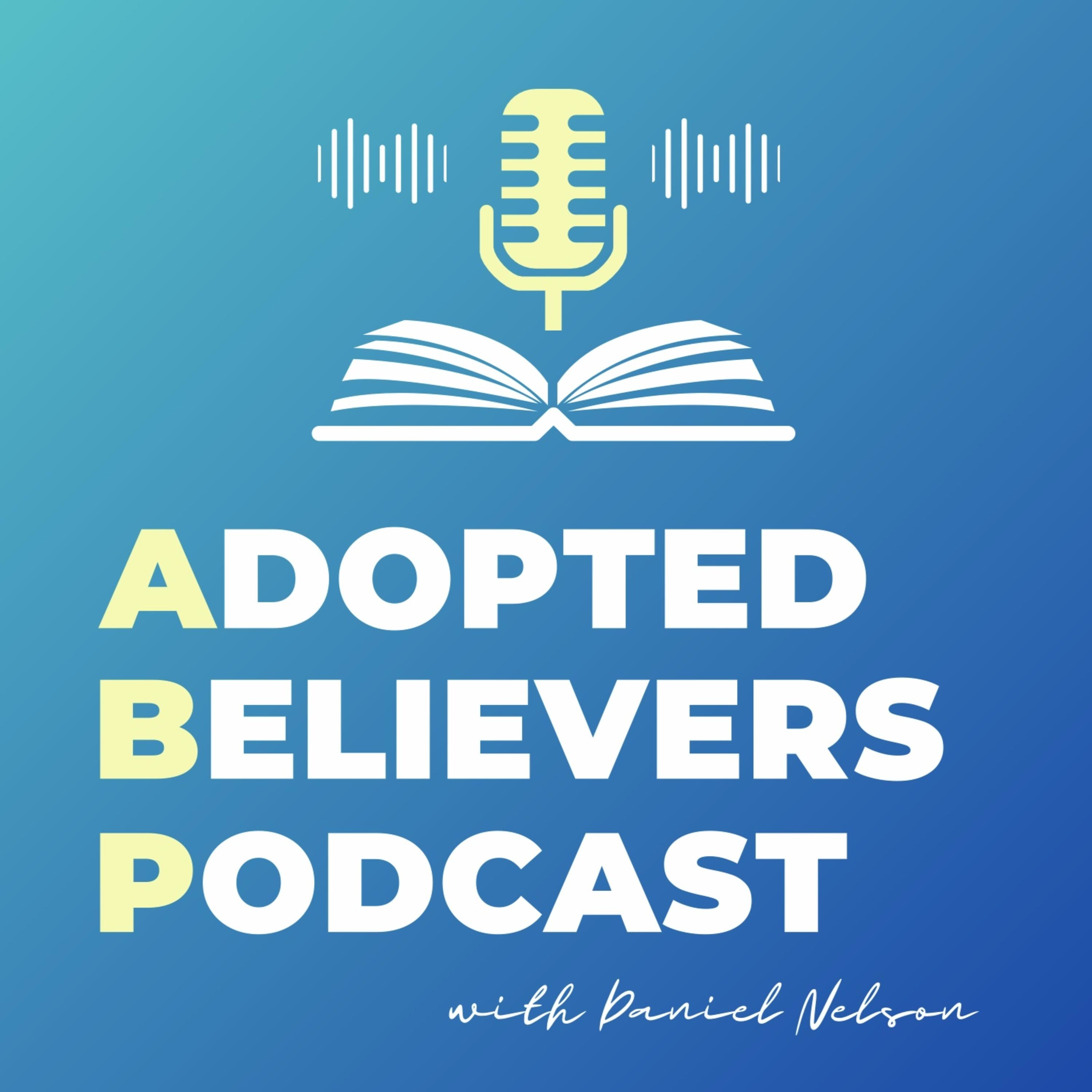Reading and studying the Bible is one of the most important things that one can do in a day. However, so often there are excuses made, like, “I don’t understand it,” or, “This doesn’t apply to me so I don’t need to read it.” Yet both of those statements need not be said. When it comes to understanding, yes, there will be difficult passages. However, that is no reason to skip over them. And as for application, ALL of the Bible is useful for you. “All Scripture is breathed out by God and profitable for teaching, for reproof, for correction, and for training in righteousness” (2 Timothy 3:16 ESV)
In this article, I’d like to give some tools that have helped me to know and study the Bible better. Before I continue, I’d like to give the most important aid in studying the Bible, the Holy Spirit. Before we study a passage, we must pray that the Holy Spirit would open our eyes to understand a text. There is no study tool that can help you if the Holy Spirit doesn’t guide your study of God’s Word. He inspired the whole thing after all. However, I would like to give some resources that are beneficial in study below.
Study Bibles
Study Bibles are probably the most convenient and versatile study tools you can buy. They are also the most affordable study tool available, since they include many features. A good study Bible includes study notes, cross-references, book introductions, and illustrations. These are helpful when reading and studying a passage, especially when it comes to answering questions. It is important, however, to not rely on the notes while reading or studying. The notes simply explain the text, they aren’t the text itself. When you read through a passage, always spend more time on the passage itself than on the notes. Some good study Bibles that I’ve used are the ESV Study Bible and the CSB Study Bible.
Commentaries
Commentaries are the grandfather of study Bibles. These are, in a nutshell, the notes from a study Bible, but on a bigger scale. Commentaries can range from single books to massive sets. Really, there are two types of commentaries you should have: (1) whole-Bible commentaries and (2) book-specific commentaries. For the first category, I would recommend a commentary like the Bible Knowledge Commentary or Matthew Henry’s Commentary. I have used both of those and they are excellent and pretty affordable.
The second category is a little more tricky. I would only recommend purchasing one of these commentaries if you plan on spending a month or more in a specific book. I did this for Isaiah, because (spoiler alert) ABP is taking a trip to Isaiah after we finish our sojourn in 1 John. One of the best commentary series is the Expositor’s Bible Commentary. Since it is split into 12 volumes, simply pick the volume that has the book you plan to study. Another great commentary series is the Christ-Centered Exposition. It is generally inexpensive when you only purchase one book at a time.
Textbooks
This is a slightly different resource. Textbooks give you the answer to the question, “What does the Bible say on (whatever topic you’re studying)?” My favorite author of textbooks is Wayne Grudem. He has books on theology, ethics, and politics. Oftentimes I will find a doctrine taught in a passage I plan to teach on, and I will have a feeling that the Bible teaches about it somewhere. That’s when I whip out Systematic Theology, by Wayne Grudem! Rather than trying to be the Bible and make his own points, Grudem does a great job of pointing out the Bible.
Bible Software
I considered adding a section on concordances, but Bible software has largely made concordances obsolete. Some great Bible software are the Bible by Life.Church and Logos Bible Software. One of my favorite features of both of those software is the search engines they provide. A lot of times I’ll have a verse come to my mind, but I won’t remember the reference. However, look it up in Logos or the Bible app and I’ll quickly find what I’m looking for. Logos in particular is a phenomenal when looking to study a passage, as it is loaded with helpful tools and guides for studying.
Hopefully this article will help you study God’s Word more deeply. Again, please do not rely on these tools. They are just that: tools. They need a competent user, and you and I can only ever be a competent user if we prayerfully seek God to bless our study and open our eyes to His Word. Before and after you study, pray, pray, pray!

